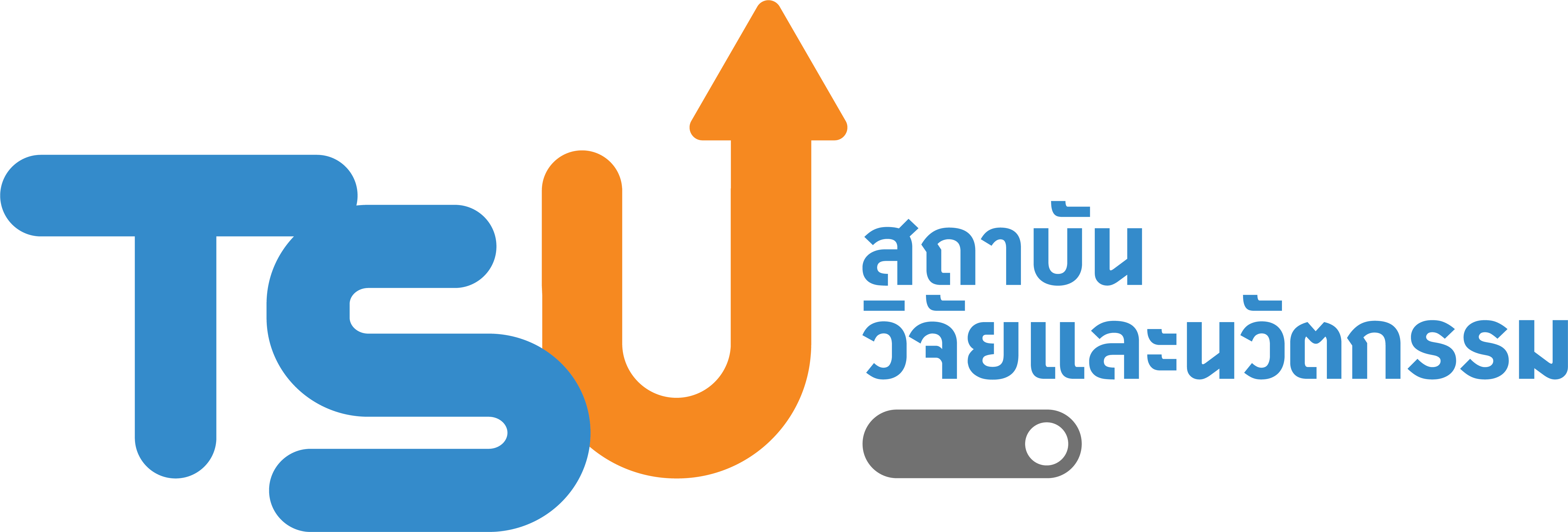
Human Research Ethics Review System



Research Projects Seeking Exemption from Ethical Review (Exemption)
An exempt research project is one that involves research activities that do not involve human subjects, volunteers, or participants, and pose no risk or harm to them. Such research activities fall under exemption criteria, including:
- Research projects conducted using secondary data such as databases, medical records, or public media. This data cannot identify individuals, groups, organizations, or institutions, either directly or indirectly.
- Research projects that involve observing general behavior in communities or society, where the data collection methods do not identify individuals, organizations, or institutions, either directly or indirectly.
- Research projects that involve systematically reviewing or analyzing literature (Systematic Review) or meta-analysis (Meta-Analysis) from documents, articles, and research related to humans, where the data cannot identify individuals, groups, organizations, or institutions, either directly or indirectly.
- Research projects that fall outside of Full Board Review and Expedited Review processes.
Expedited Research Projects
Expedited research projects refer to studies that involve minimal risk or negligible harm to participants, meaning the risk does not exceed what is encountered in everyday life. These studies may be considered for expedited review, and include the following types of research:
- Research involving in-depth interviews, focus groups, or surveys: These studies might pose risks to privacy and confidentiality, potentially revealing sensitive information about participants or the community, even when appropriate protective measures are in place.
- Oral History research: This type of research involves collecting information from individuals, either past or present, that may have implications for personal, political, governmental, or social matters, potentially affecting the individual or society.
- Research involving interviews with local knowledge holders: This could include interviews with community experts or indigenous knowledge keepers, focusing on traditional wisdom. To protect intellectual property rights, informed consent must be obtained from the participants, depending on their willingness to disclose information.
- Research using personal records or unpublished data: Studies that use personal data or records (e.g., social media posts, diaries) to analyze or critique individuals, organizations, or institutions. This data might have been previously unpublished or made public, but still involves personal or sensitive content.
- Artistic or performing arts research: Research in the arts or performing arts, especially if the content presented involves sensitive or controversial issues that could challenge societal norms or ethics, potentially causing harm or offense.
- Comparative studies on lifestyle or preferences: Research comparing different lifestyles or personal preferences that may impact participants' physical or mental well-being.
- Linguistic research on non-vulnerable groups: Studies involving general linguistic features such as pronunciation or sound perception experiments, conducted with ordinary individuals who are not part of vulnerable groups.
Research Projects Requiring Full Committee Review
Full Committee Review (or Convened Meeting) refers to research projects that involve data collection from participants (including volunteers or subjects) and pose a greater level of risk than minimal risk (i.e., risks greater than what is encountered in daily life) and/or involve vulnerable groups. These types of research include:
- 1. Research involving experiments with higher-than-daily risks among vulnerable groups: This includes research involving children (under 18 years old), elderly individuals, pregnant women, persons with disabilities, patients, marginalized groups, prisoners, individuals from the LGBTQ+ community, or those engaged in illegal activities.
- 2. Research on sensitive topics that may lead to social conflicts or division: Studies that address controversial or divisive issues that could negatively impact societal harmony or relationships.
- 3. Research with potential legal or disciplinary consequences for participants: This includes research that might lead to participants being arrested or facing criminal and/or disciplinary punishment (e.g., studies on government corruption).
- 4. Research with potential risk of physical harm or death: Research that involves subjects at risk of physical harm or even fatal consequences as part of the study.
- 5. Research involving health risks: Studies that pose risks to participants’ health, including allergic reactions, side effects, or any issues that present greater risks than what participants encounter in daily life.
